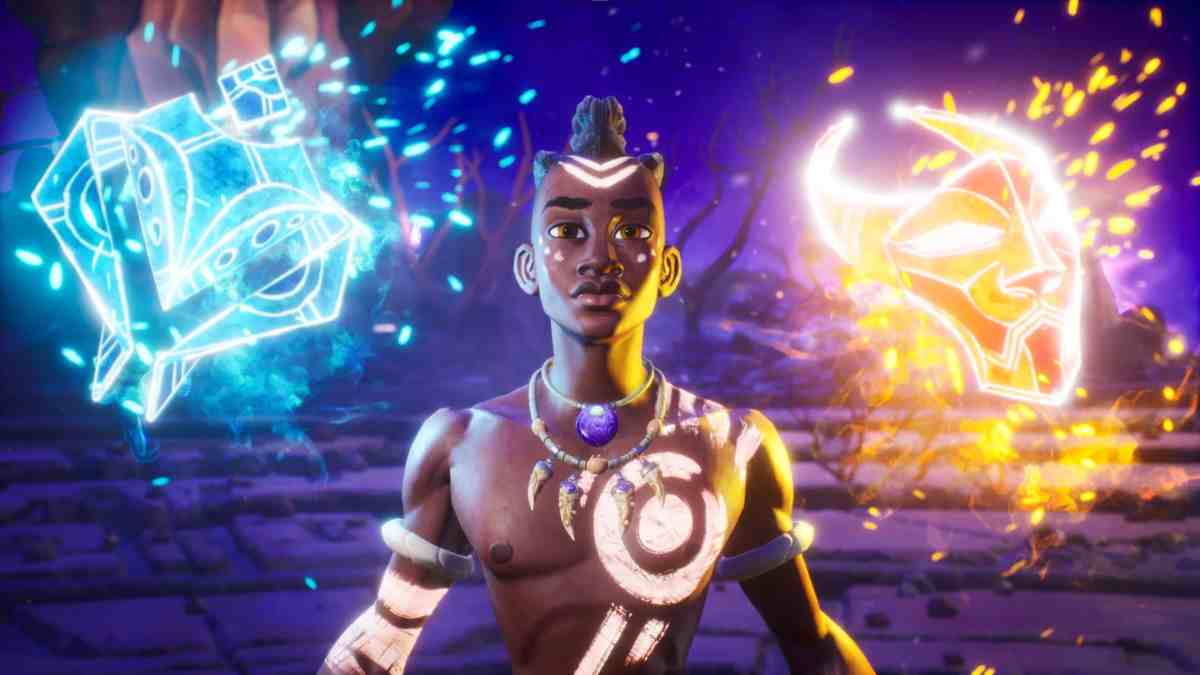Abubakar Salim is best known as an actor, voicing Bayek, the beloved protagonist of Assassin’s Creed Origins, and starring in television series such as Ridley Scott’s Raised by Wolves, and the upcoming second season of House of the Dragon. But between those projects, he’s kept a secret – one that he was finally able to announce at The Game Awards 2023.
Under Surgent Studios, the media company he founded in 2019, Salim has been developing an action-adventure platformer called Tales of Kenzera: ZAU, to be published by EA Originals. It follows Zau, a young hero who grieves the loss of his father so deeply that he bargains with the God of Death to bring him back to life. You must navigate your way through the colourful, Metroidvania-inspired world of Kenzera, learning the abilities of a shaman and engaging in fast-paced combat with vagrant spirits to wrestle with Zau’s pain, and heal his spirit.
Speaking with GamesHub in the lead-up to his appearance at The Game Awards, Salim discussed the game’s development process and how his own experience with grief after losing his father shaped the narrative.

“I had this idea for this game which was mainly driven by the feeling of wanting to share my journey or experience with grief, and I felt like the game medium would be the best way of doing it,” Salim said. “So I had conjured up these ideas … on what it could be, and I had a few friends within the games industry.”
Among them, Josef Fares of Hazelight Studios (It Takes Two, A Way Out), and a friend who was working for EA at the time, who were both excited by the game’s concept and encouraged him to pitch it. Though he had doubts, with the help of a “skeleton crew”, Tales of Kenzera was pitched to EA and signed under EA Originals.
“It was like ‘okay, now it’s real … now it’s terrifying’.”
Sincere storytelling
At a core level, Salim works from a love of storytelling, the beginning of which he attributes to his father; “He was very stoic and very quiet, but when he opened his mouth to tell a story … you’re gripped.” Salim began to see it as a way to understand and empathise with the world around him.
“I think it only evolved over time, when I started playing games and seeing how that could emotionally power you and change you,” Salim said. “It’s been really important for me, especially as an actor as well … we’ve always championed storytelling, and the best way of conveying the story rather than necessarily trying to look cool.”
Those values were intrinsically linked to his desire to create a game – to tell a story that’s even more emotionally affecting with the addition of player agency – and to honour his father’s memory in doing so.
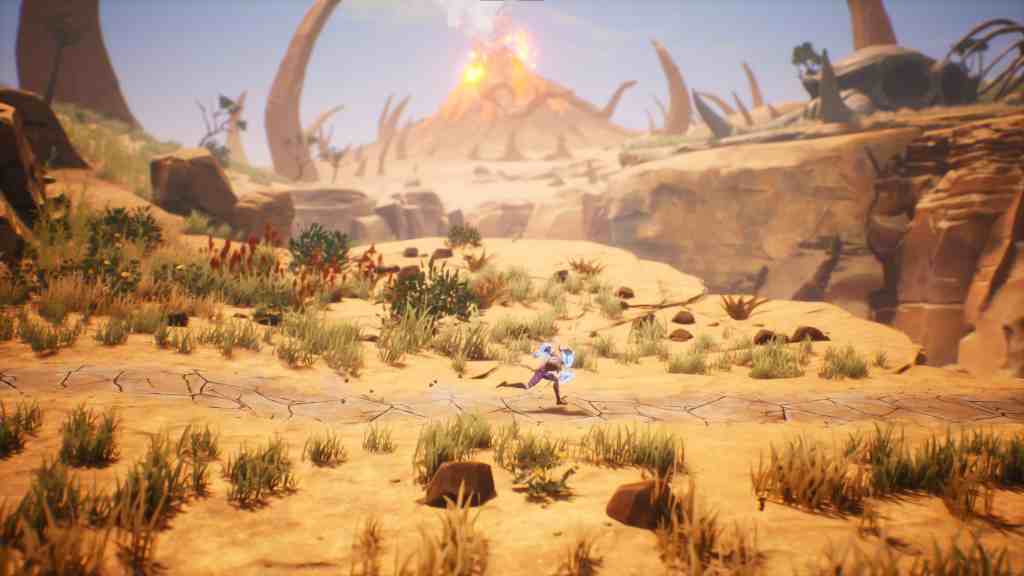
Origins
Despite the path Zau must walk, Tales of Kenzera isn’t designed to be a heavy experience, nor is it only for those experiencing grief themselves. “You’re not going to play this game and be like, ‘Great, I’m cured of grief’,” Salim said with a laugh.
The game represents the brightest memories of a loved one as much as the darkest depths of their loss. “It’s said so fantastically in WandaVision when Vision says ‘what is grief but love persevering?’ … Obviously it feels sad, but it truly is just a sense of love and that’s what is … the driving engine of [this project],” said Salim.
“The more I think about it … the more I’m realising it’s almost a celebration of what I felt to my father and what it is to love someone who you have lost, rather than to put them in remembrance … The game is full of colour and vibrancy, and it’s action-packed. It’s got all this kinetic movement and energy.”
Part of that energy comes from the real-world Bantu mythology that inspired Tales of Kenzera’s lore. “The stories that my dad would tell me about his father who was a nganga – which is essentially a traditional healer – those were the stories that I was exposed to, and it just felt very natural to lean into that,” Salim said. “I thought they were really cool and kind of wacky.”
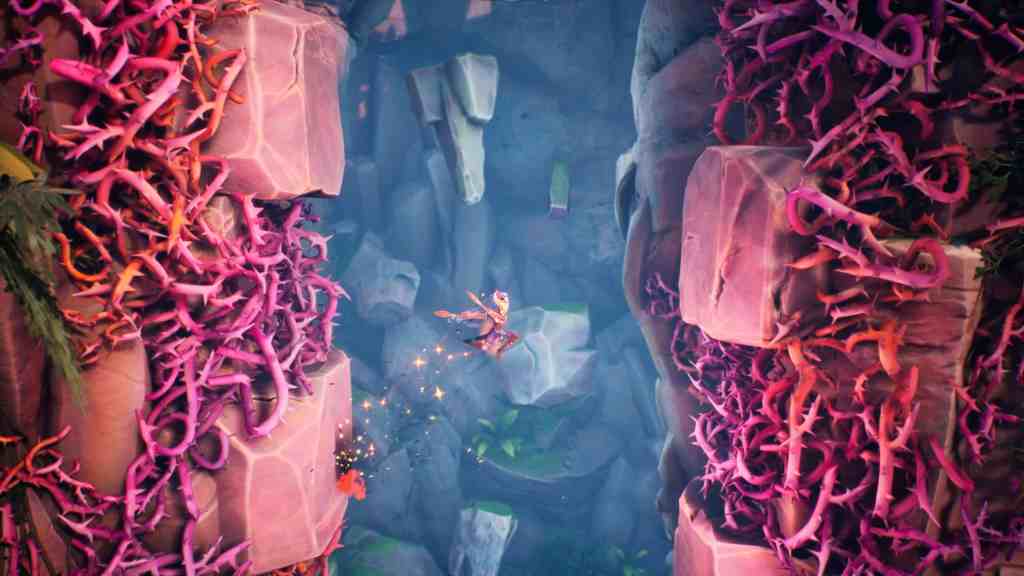
“I was filming Raised By Wolves in South Africa … and that exposed me to more cultures and more stories … I love mythology as a whole from Norse, Greek, Philippine mythology … and for me, Bantu mythology … is as beautiful.”
“It’s like ‘cool, let’s just dive into there and play with it’ … It just felt like a perspective that I wanted to play at, rather than necessarily [to] try and educate.”
Navigating Grief
Salim ultimately chose to tell Zau’s story in a game – as opposed to film, where he has already established himself – because the medium itself inherently goes deeper, requiring the audience to become active participants.
“A Metroidvania is essentially exactly like going through the journey of grief. You have no idea [what] you’re being dropped into … but the longer you … stay in it and the more you explore it, in a way, the more tools that reveal themselves,” Salim said. “I played a lot of side scrollers with my dad when I was younger, so … there’s [also] a slight bit of paying homage to that.”
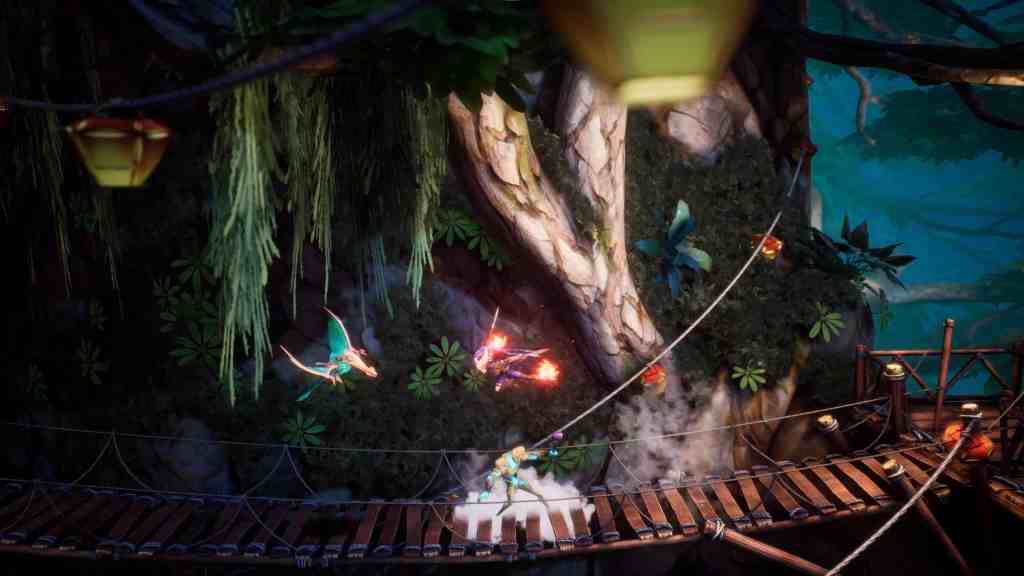
Beyond the challenges in the gameplay that quietly mirror grief, Salim also hopes to present a viewpoint that breaks what traditional narratives about grief look like. “Grief is messy and it’s chaotic and it doesn’t necessarily always have to be sad and weighty. It can throw all sorts of things to you. Sometimes there’s elements of relief, sometimes there’s elements of confusion, and that’s totally fine.”
To do that idea justice, Surgent Studios had to prioritise honesty. “We all as a team have been … pushing on this idea of ‘just be honest, it’s all you can do’,” said Salim. As much as Zau’s story reflects Salim’s truth, it isn’t just catharsis. It takes the essence of the emotions to convey a story that remains honest to the experiences of everyone on the team, and that conveys a greater human truth.
It comes back to his notion of sincerity over theatrics. “I have been very vulnerable in sharing my stories … of my father, my love for him … [but] the story in the game is its own entity and beast.”
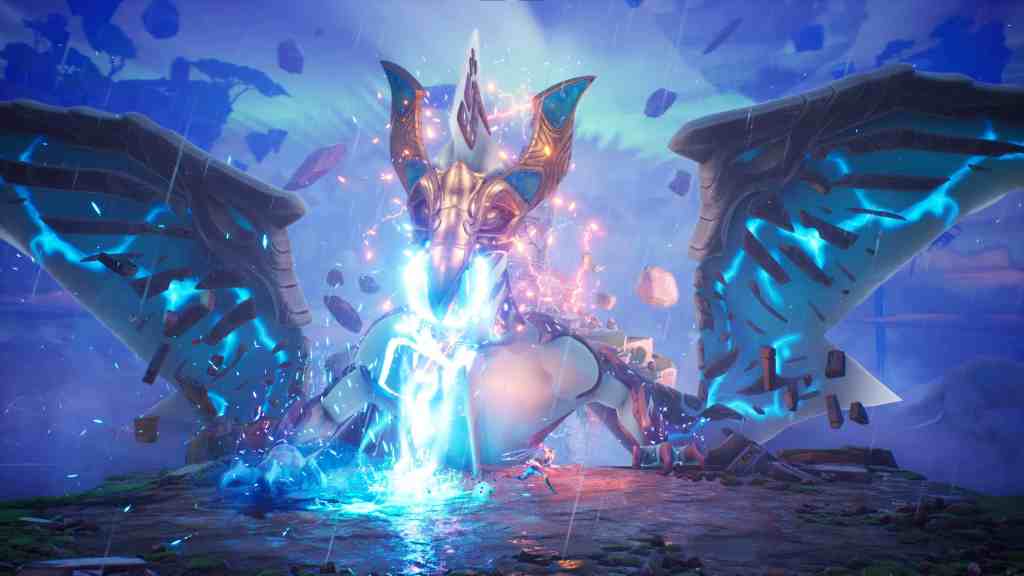
That entity exists outside of Salim’s head now, but he describes it all as something “surreal” that he is “still processing” – especially given the world is finding out about it at The Game Awards 2023 – but the anticipation has set in too. “I’ve never been so excited, and so driven to bring a piece of work that I’ve worked on to the world, as much as I have with this.”
Tales of Kenzera: ZAU is slated for release on PlayStation 5, Xbox Series X/S, PC, and
This interview has been retimed since its original publication.
